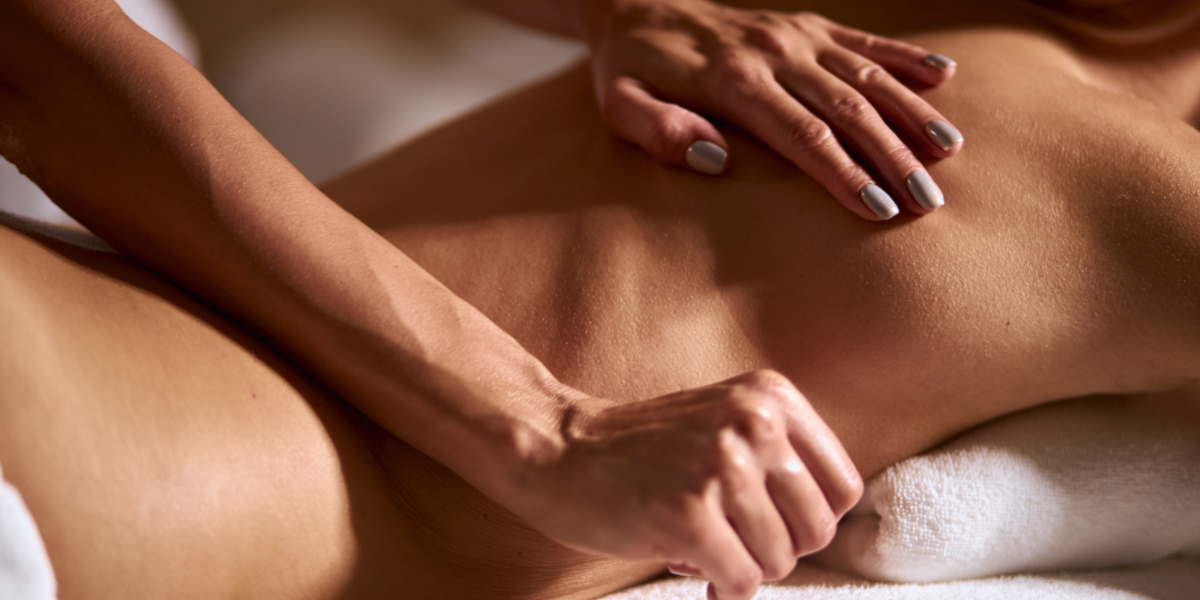COurse cancelled for feb 2024 – stay tuned for our next offering
Tuina, also known as Chinese Remedial Massage, is one of the 5 branches of Traditional Chinese Medicine (along with acupuncture, herbs, dietary therapy, Qigong movement). This form of massage works with the body’s channel system to encourage the healthy movement of Qi and Blood through a range of massage techniques, stretches and joint mobilisations.
What is the Tuina Massage?
Tuina, or (Tui Na Massage), translates as Push (Tui) and Pull (Na). This describes the fundamentals of many of the techniques utilised in this form or Oriental Massage
What will student learn in this course?
During this short course in massage therapy you will learn:
- An introduction to Chinese Medicine theory and diagnostics
- Breathing and physical strengthening exercises to prepare and sustain you whilst providing treatments
- Self-massage treatment routines
- Practical skills including a variety of Tuina manipulation techniques and acupressure techniques.
- Fundamentals of channel pathways and basic acupuncture points
- Treatment routines for treatment of different areas of the body
- How to plan and deliver a treatment
Upon successful completion the course you will be equipped with a range of skills for self-care and the ability to practice Tuina (Chinese Massage Therapy) on your family and friends. For those already qualified as a health practitioner (eg acupuncturist, remedial massage therapist), these useful skills can supplement your current treatment toolbox.
Who are the tutors?
This course is delivered by qualified practitioners of Chinese Medicine. They have many years of clinical experience as professional therapist and trainers to bring a wealth of knowledge and experience to your learning.
Other short courses on offer include Oriental Medicine Foundations and Zen Shiatsu
Frequently asked questions about our Tuina massage training
What is the difference between Tuina and Shiatsu?
Tuina and Shiatsu have similar roots in Chinese medicine, but Shiatsu has its own unique style with Japanese influences.
Tuina, a practice within Traditional Chinese Medicine, has been around for over 2,000 years and its techniques are still in line with ancient theories. Shiatsu is a blend of ancient Chinese knowledge and Japanese massage traditions that emerged in the 20th century.
Both stimulate points and meridians, often with pressure. However, Tuina emphasizes assessing and adjusting energetic imbalances by drawing strictly from TCM tenets. Shiatsu builds sequences aligned with Qi flow based on blended Chinese-Japanese anatomical perspectives.
So while there are common roots, Shiatsu has become an adapted, receptor-based therapy centered on vital points and pathway flows.
What is the difference between Tuina and remedial massage?
The development of Tuina took place in Traditional Chinese Medicine, while Europeans created Western massage with a focus on anatomy. Some suggest that Western massage techniques derived from Tuina.
Tuina massage uses various techniques to stimulate specific points and pathways in the body based on basic theory of Chinese medicine. Massage uses kneading, stroking and rubbing soft tissues and muscles to relax the body.
While both use body manipulation, Tuina takes a holistic approach to balance Qi and treat underlying issues. Massage focuses more directly on relieving muscle tension and soreness in localized areas.
Ultimately, Tuina works to harmonize bodily energy based on TCM principles. Massage aims to address physical issues directly in particular body regions using anatomical knowledge. Though differing in purpose and approach, both Tuina and massage can provide therapeutic benefits.
Can I become a professional health practitioner of Traditional Chinese Medicine after this course?
This course can provide a valuable introduction to a career as a Chinese Medicine practitioner, which requires further study at a degree level. Some institutions may offer credit towards study for learning in this course or our associated Oriental Medicine Frameworks course.
Classes
Monday evenings, 12th February to 17th June 2024
NB No classes on 3rd April (Easter break)
Location: China Books
Course fees
Cost $1090
A package discount is available for dual enrolment in Tuina and Oriental Medicine Frameworks $1700 for both.
This series will be eligible for 45 CPD hours
